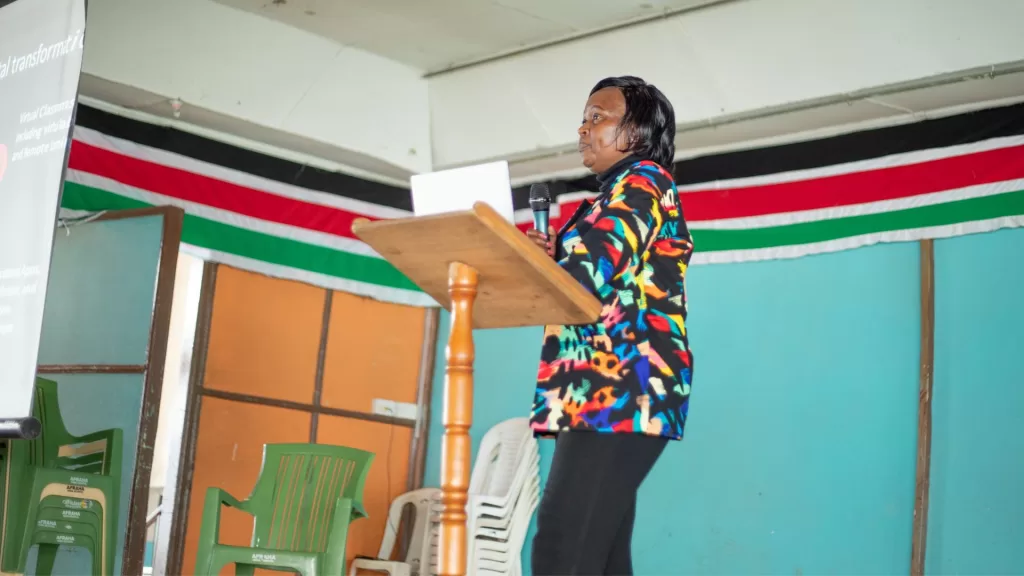CBC Textbook Crisis: KICD Delay Casts Doubt on Smooth School Reopening.
Table of contents
Lack of Clarity on Approved Course Books
With the January 6, 2025 school reopening approaching, parents, teachers, and education stakeholders remain in the dark about which textbooks to buy or use.
Many attribute the confusion to the Kenya Institute of Curriculum Development (KICD) for failing to release an approved list of course books for Grades Five, Six, Seven, and Eight.
KICD, however, maintains there is no textbook crisis in the Competency-Based Curriculum (CBC). The institute insists that textbooks for all learning areas, from Pre-Primary One (PP1) to Grade Nine, are available in schools and markets.
Yet, its director, Charles Ong’ondo, acknowledged that books for Grades Seven and Eight in certain learning areas have only recently been finalized.
Delays in Specific Learning Areas
KICD revealed that textbooks for agriculture, creative arts and sports, and pre-technical studies are incomplete.
The books are still undergoing error checks and corrections before being printed and distributed. This delay means the materials may not be accessible to teachers and students until February 2025.
Follow Teachers Updates Page On Facebook
On the other hand, course materials for Grades One to Four, Grade Nine, and PP1 and PP2 remain unaffected.
Frustration Among Parents and Teachers
Parents and teachers expressed frustration over the delay. A parent from Lodwar, Turkana County, stated that purchasing books is impossible without the approved list.
Teachers and parents depend on these materials to meet the CBC’s specific requirements, which emphasize skill-based learning.

The delay has raised concerns among school administrators. A headteacher noted that many schools are unprepared for the term, risking disruptions to lesson plans once students return.
The CBC heavily relies on structured guidance, and without timely access to approved resources, the academic year might face setbacks.
Rationalisation and the Delay
Prof. Ong’ondo attributed the delay to the rationalisation of curriculum designs following the release of the Presidential Working Party on Education Reform report on August 1, 2023.
The rationalisation process, completed in December 2024, involved reorganizing learning areas to improve efficiency, relevance, and alignment with educational goals.
Rationalisation included merging related subjects, reducing overlaps, and focusing on core competencies to enhance the quality of education.
This process necessitated adjustments before books for Grades Seven and Eight could be printed and distributed.
Shortages in Foreign Language Textbooks
An acute shortage of French and other foreign language books has also emerged. This shortage follows a controversial KICD contract to print one million French textbooks that were ultimately unnecessary.
Auditor-General Nancy Gathungu flagged the contract, questioning its value and citing delays in adapting materials for special-needs students and delivering books to schools.
KICD clarified that French, like other foreign languages, is no longer mandatory for Grades One to Nine. Prof. Ong’ondo explained that the Presidential Working Party on Education Reforms had recommended reducing learning areas.
Read Also: Kenya’s Jobless Teachers: Dreams Dashed by Corruption and Delays
Schools still offering foreign languages were advised to notify the Ministry of Education for proper textbook allocation.
KICD has also sought assistance from partners, including the French Embassy, to address the French textbook shortage.
Looking Ahead
Despite the setbacks, KICD assured stakeholders that the delayed textbooks would be ready and available by February 2025. However, the ongoing challenges highlight the need for more streamlined processes in implementing the CBC.

CBC Textbook Crisis: KICD Delay Casts Doubt on Smooth School Reopening
Follow Teachers Updates on Facebook, LinkedIn, X (Twitter), WhatsApp, Telegram, and Instagram. Get in touch with our editors at [email protected].


Discussion about this post